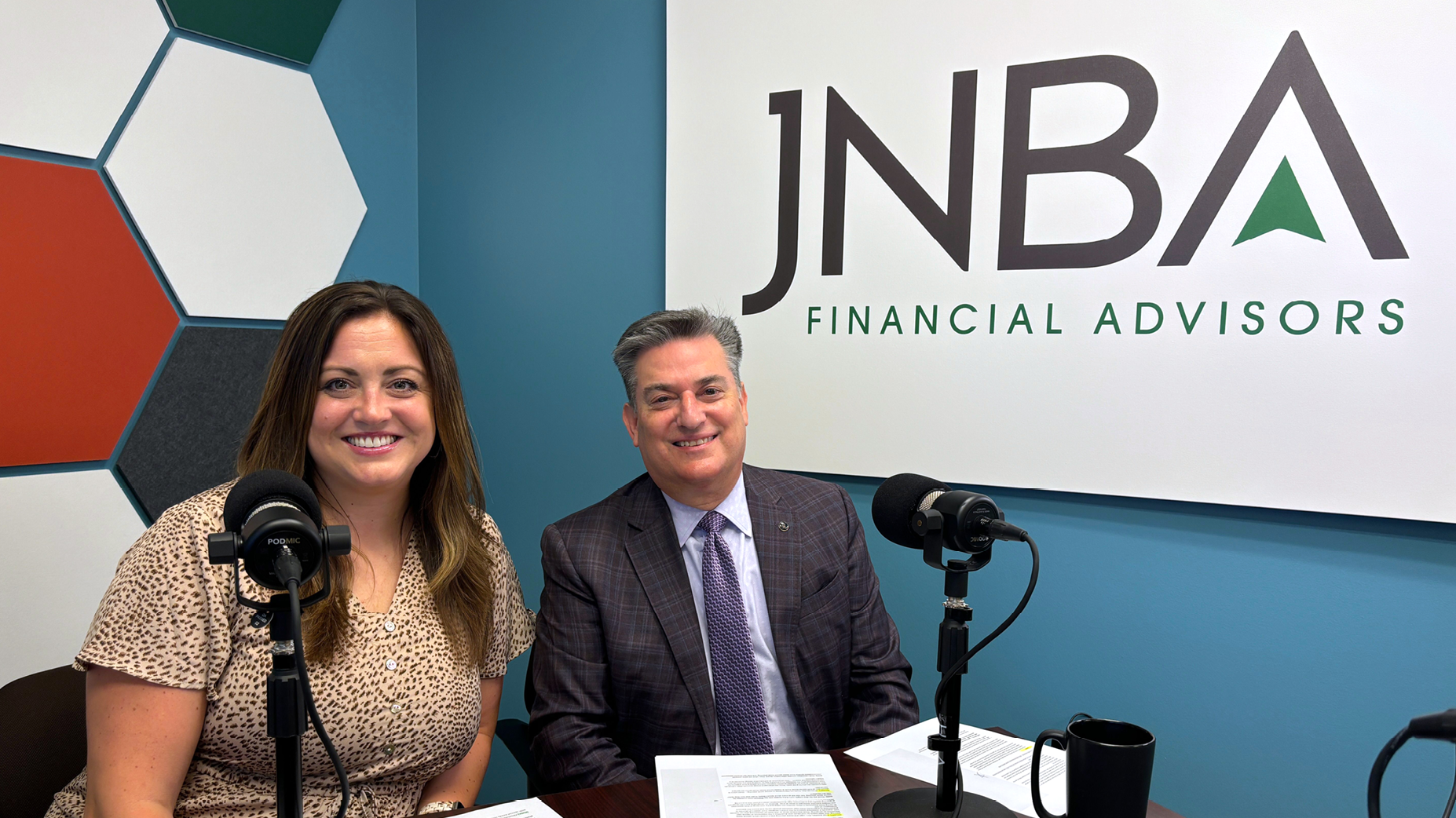Experiencing the death of a loved one is an inexplicably difficult and trying time for most. In addition to the grief, there are a lot of decisions that need to be made, and it can feel overwhelming. When it comes to the financial considerations, the list of matters to handle can seem long and daunting. But here are a few items to focus on as a starting point.
First, identify the people who will be part of your support system during this time. Friends and family will be extremely important, but professionals or advisors can also be a great resource to you. These professionals may include your attorney as well as financial and tax advisors. Hopefully these professionals have a comprehensive knowledge of the decedent’s financial life to help determine what needs to be done, allowing you to focus on navigating this transition given you will likely have other things on your mind.
Second, identify the estate documents your loved one had in place. One of the initial items you will want to gather is their will and/or trust document. These documents spell out who the decedent named to settle their estate and include a plan for transition of assets among other things. Again, an attorney or financial advisor may have copies of these documents and can assist with understanding what action needs to be taken.
Third, understand current income sources and bills. If the decedent kept record of their expenses, this information will be helpful to understand how payments are made and what resources (cash on hand, etc.) they had to pay these bills. Did the decedent have bills set to auto-pay? At this point in time, ensuring there are sufficient funds to cover bills such as the mortgage will be important. Then, you can focus on determining what bills or expenses (like cable or cell phone) can be canceled.
Here are a few other important items to consider:
Social Security – Was the decedent already receiving social security benefits? The Social Security Administration will need to be notified of the decedent’s passing to stop their benefits but can also assist with establishing survivor benefits if applicable.
Former Employer – Was the decedent still working at the time of their death? Their employer will need to be notified and will help with any group policy benefits the decedent may have had (such as life insurance, understanding of their employee savings accounts, etc.).
Insurance Companies – Did the decedent have a life insurance policy? Working with the insurance companies to get authorization to inquire about policies, begin a death benefit claim, and cancel any insurance that is no longer needed (e.g., disability insurance) will be important. Many of these institutions will need documentation around your authority (coming from the estate documents) as well as a copy of the death certificate.
College – Did the decedent have a child or children in college? Depending on the institution, you may be able to get additional aid following this life event. It will be important to connect with the education institution to understand your options.
JNBA has assembled these and other considerations in a downloadable checklist designed to help you navigate the financial aspects of a loved one’s death here.
We understand everyone’s situation is unique and the circumstances of a loved one’s passing, assets, estate, etc., will be different. At JNBA, we work closely with families and individuals to understand their full financial picture so we can be a key resource for the family any time, including when facing loss.
Due to various factors, including changing market conditions and/or applicable laws, the content may no longer be reflective of current opinions or positions. Moreover, you should not assume that any discussion or information contained in this blog serves as the receipt of, or as a substitute for, personalized investment advice from JNBA Financial Advisors, LLC.
Please see important disclosures information at www.jnba.com/disclosure



